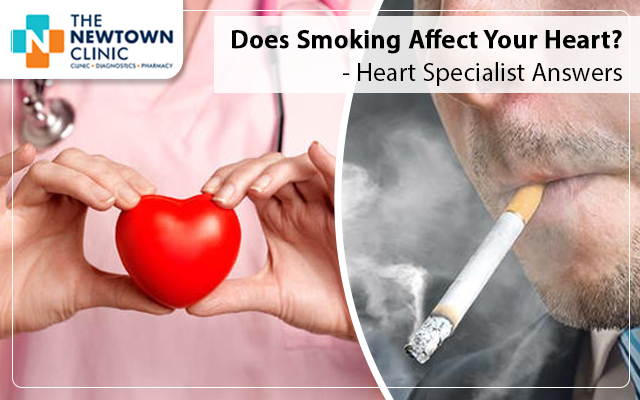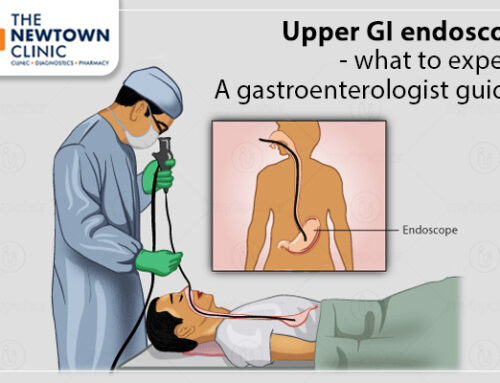Introduction
It is proven that smoking is a significant risk factor for chronic diseases like cancer, lung disease, cardiovascular disease, and stroke. The statistics regarding death caused due to smoking stands at a staggering 1.2 million Indians each year.
Therefore, smoking is not just an unhealthy habit; it is a significant health hazard. According to Newtown Clinic’s best cardiologist in Newtown, “Every puff is a blow to your heart, surging the possibility of chronic diseases.”
What makes Cigarettes Harmful?
Cigarettes boast the presence of over 7000 different chemicals. Among these 7000, over 60 are likely to cause cancer and at least 200 are harmful to humans. When these chemicals are inhaled, they interfere with many body processes that only worsen the longer a person keeps their smoking habit.
In the following section, a top cardiologist in Newtown Clinic explains how smoking degenerates the functioning of a person’s heart and paves the way for severe diseases.
How Smoking Affects Heart?
What happens when a person’s lungs soak up cigarette smoke? According to a heart specialist of Newtown Clinic, nicotine along with tar, carbon monoxide and other chemicals are pumped by the heart to different parts of their body. Over time these harmful chemicals stimulate plaque build-up and increase blood pressure, damages the heart and blood vessels, tightens major arteries, increases heart rate, and causes arrhythmia.
Severe cardiovascular health diseases like peripheral artery disease and abdominal aortic aneurysms can also be caused due to smoking.
How to Protect Your Heart
A person cannot reduce their smoking and hope to stay clear of cardiovascular diseases. There is no “safe” amount. Non-smokers are also at direct risk of cardiovascular disease, stroke, and even death upon exposure to second-hand smoke.
Studies have proven that a person exposed to second-hand smoking have a 25% to 30% higher risk of developing heart disease. Therefore, the best way to save oneself is to stop smoking. Here are some benefits of quitting:
- A longer life
- Feeling healthier
- Slower heart rate
- Skin, hair, and teeth look better
- Heightened sense of smell and taste
- The risk of developing smoking-related conditions will significantly decrease
Just like any other habit, quitting smoking requires determination and dedication. The road to recovery would not be straightforward; however, it is essential to remember that there awaits a healthy future at the end of the road.
If you are concerned about your cardiovascular health, consult Newtown Clinic’s best cardiologist.







Leave A Comment